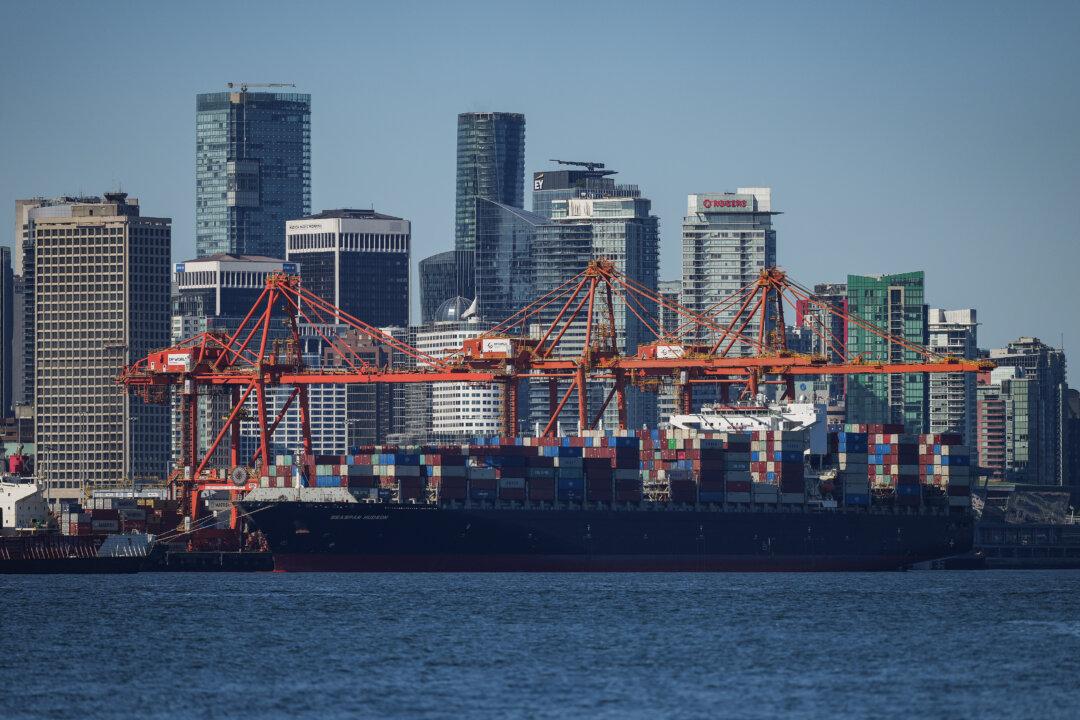A tentative deal has been reached to bring an end to the strike at the Port of Vancouver, Canada’s labour minister said.
Workers at six grain terminals at the port had been on strike since Sept. 24.

A tentative deal has been reached to bring an end to the strike at the Port of Vancouver, Canada’s labour minister said.
Workers at six grain terminals at the port had been on strike since Sept. 24.